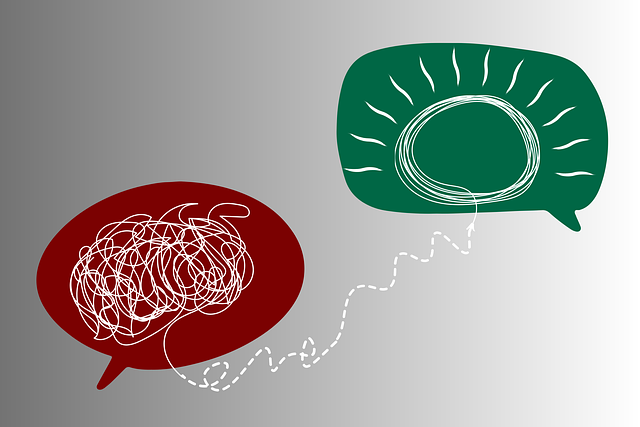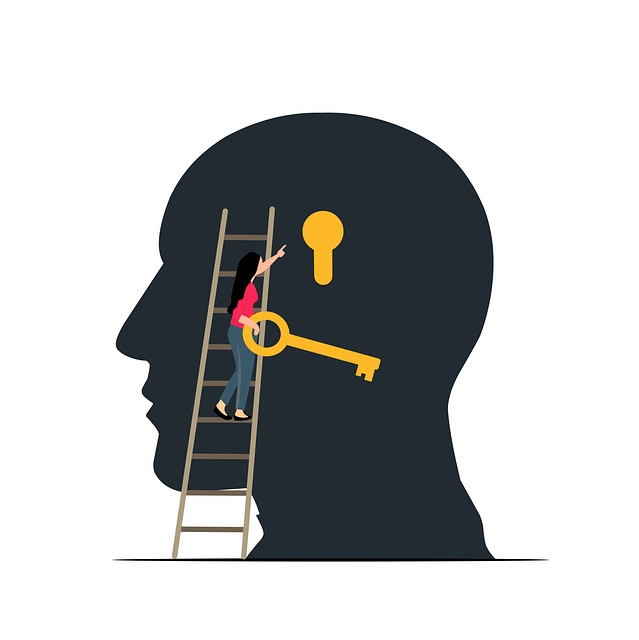Anxiety, a common but disruptive condition, can be managed effectively with Parker Dialectical Behavioral Therapy (DBT). Recognizing physical and cognitive symptoms is key, with triggers including stress, trauma, or genetic predispositions. DBT offers a structured approach, teaching emotional regulation skills, improving relationships, and enhancing distress tolerance through mindfulness practices, positive thinking, and challenging negative thought patterns. This holistic therapy empowers individuals to navigate life's challenges with confidence, preventing anxiety and depression while promoting overall mental health improvement.
Anxiety is a prevalent condition affecting millions, yet managing it effectively can be challenging. This comprehensive guide explores various strategies to combat anxiety, focusing on the empowering Parker Dialectical Behavioral Therapy (DBT) approach. We’ll delve into the symptoms and causes of anxiety, offering insights to help you understand your experiences. Additionally, we present practical daily techniques to manage anxiety, empowering individuals to take control of their mental well-being. Discover how DBT can be a transformative tool for long-term anxiety relief.
- Understanding Anxiety: Symptoms and Causes
- The Parker Dialectical Behavioral Therapy Approach
- Practical Techniques for Daily Anxiety Management
Understanding Anxiety: Symptoms and Causes

Anxiety is a common experience for many people, but when it becomes overwhelming and persistent, it can significantly impact daily life. Understanding anxiety involves recognizing its various symptoms, which range from physical sensations like increased heart rate and sweating to cognitive issues such as excessive worry, restlessness, and difficulty concentrating. These symptoms can be triggered by stressful events, traumatic experiences, or even genetic predispositions.
One effective approach to managing anxiety is Parker Dialectical Behavioral Therapy (DBT), which focuses on teaching individuals skills to regulate emotions, improve interpersonal effectiveness, and enhance distress tolerance. By promoting emotional well-being promotion techniques, such as mindfulness and positive thinking, DBT helps individuals challenge negative thought patterns and develop healthier coping mechanisms. This therapy has been particularly beneficial in treating conditions like depression prevention, offering a comprehensive framework for managing anxiety and improving overall mental health.
The Parker Dialectical Behavioral Therapy Approach

The Parker Dialectical Behavioral Therapy (DBT) Approach offers a structured framework for managing anxiety and emotional distress. This therapy focuses on helping individuals develop effective coping strategies while fostering a sense of balance between accepting one’s emotions and changing them. Central to this approach are skills training sessions that cover various techniques, such as mindfulness practices, distress tolerance strategies, emotion regulation skills, and effective communication approaches.
One key component of DBT is the Community Outreach Program Implementation, which encourages clients to apply learned skills in real-life scenarios. Through role-playing and practice exercises, individuals learn conflict resolution techniques and improve their communication strategies, empowering them to navigate challenging situations with greater confidence and resilience. This holistic approach ensures that clients gain a comprehensive set of tools to manage anxiety effectively in various aspects of their lives.
Practical Techniques for Daily Anxiety Management

Anxiety management is a crucial aspect of maintaining mental wellness, and there are several practical techniques that can be incorporated into daily routines to help mitigate anxiety symptoms. One effective approach is incorporating elements of Dialectical Behavioral Therapy (DBT), as advocated by the Parker DBT model. This therapy focuses on teaching individuals skills in four key areas: mindfulness, distress tolerance, emotion regulation, and interpersonnel effectiveness. For instance, mindfulness practices like meditation can help individuals become more aware of their thoughts and feelings without judgment, fostering a sense of calm.
Additionally, communication strategies play a vital role in managing anxiety. Open and honest dialogue with loved ones, therapists, or support groups can provide a safe space to express concerns and fears. Encouraging positive thinking through affirmations and reframing negative thoughts can also significantly impact overall mental wellness. By combining these techniques, individuals can develop coping mechanisms that not only enhance their ability to navigate anxious moments but also foster personal growth and improved relationships.
Anxiety management is a journey, and with the right tools, it can be a rewarding one. By understanding the symptoms and causes of anxiety, individuals can take the first step towards relief. The Parker Dialectical Behavioral Therapy (DBT) approach offers a comprehensive framework, combining mindfulness, emotional regulation, and distress tolerance skills to navigate and manage anxious thoughts and behaviors. Combining this evidence-based therapy with practical daily techniques allows for greater control over one’s mental health. Remember, managing anxiety is not about eliminating worry but learning to live with it in a balanced and healthy way.














